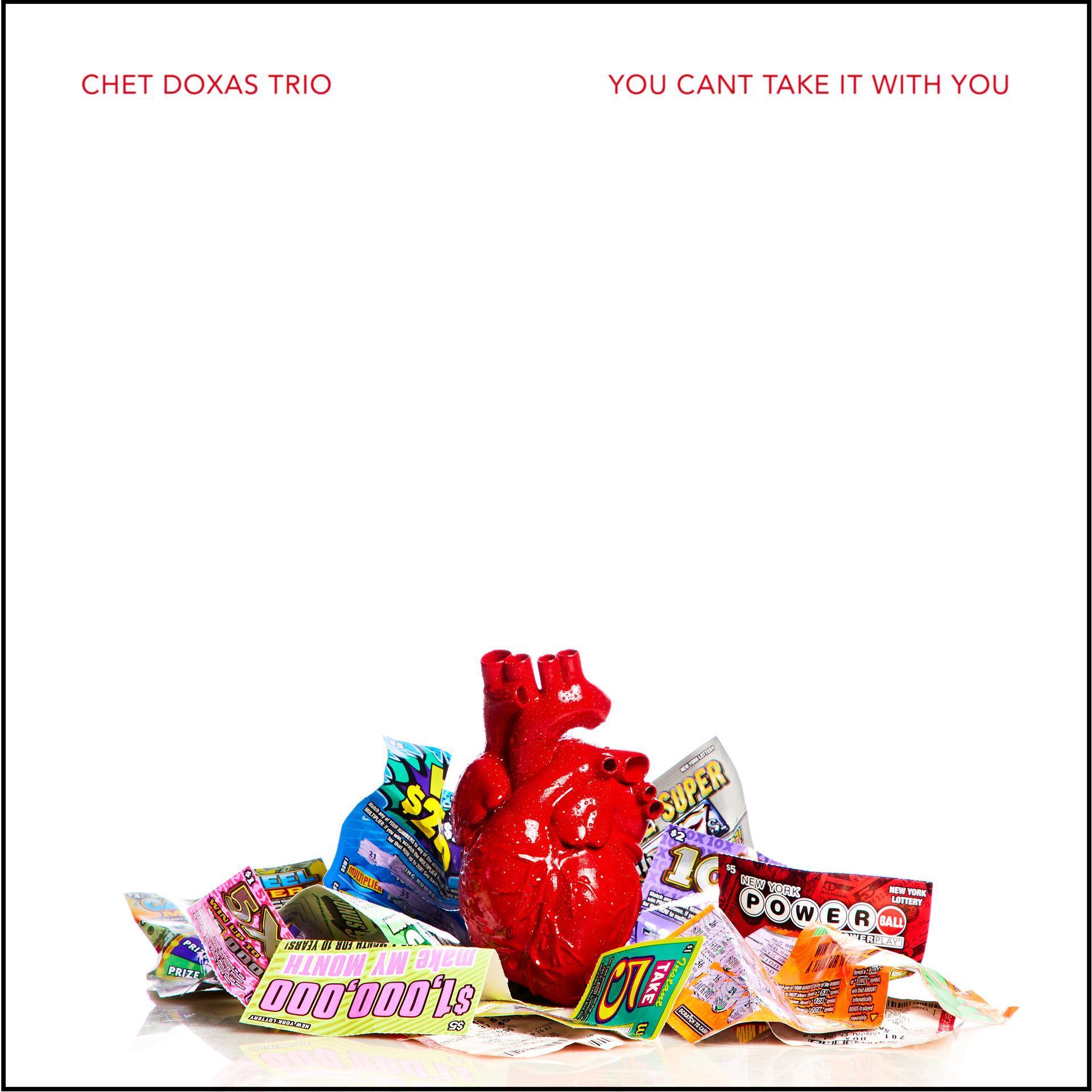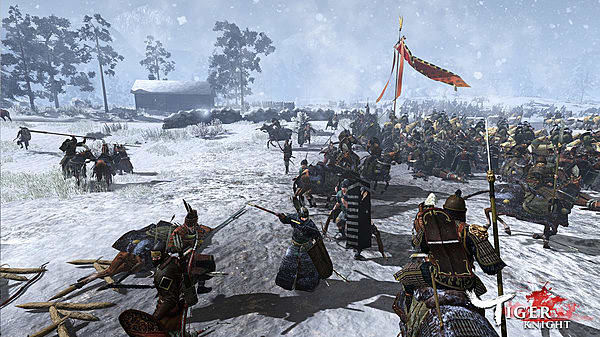

The terms are considered derogatory because they equate symptoms of illness to filth. The center also recommends using the word misuse in place of abuse when describing harmful drug usage.Īvoid the terms clean and dirty concerning drug test results, according to the Center for Substance Abuse Treatment. The center states that addiction differs from dependence in that dependence only accounts for health problems, whereas addiction denotes use, despite health and social problems (this same distinction applies to alcohol dependence and alcoholism). Department of Health and Human Services’ Center for Substance Abuse Treatment, the term addiction is acceptable for uncontrollable, compulsive use of substances as well as acts such as gambling, sex, working, etc., in the face of negative health and social consequences. The American Psychiatric Association recommends avoiding the term addict, suggesting instead the phrase “someone experiencing a drug/alcohol problem.” The association also discourages using the term junkie, which specifically refers to someone who misuses heroin.Īccording to Substance Use Disorders: A Guide to the Use of Language by the U.S. Addiction can be characterized by “impaired control over drug use, compulsive use, continued use despite harm and/or craving.” Addiction often implies dependence on substances other than alcohol, although alcoholism is essentially alcohol addiction. Its development is influenced by environmental, cognitive and genetic factors. The movement's FAQ page says the founders were inspired to create #BlackOutDay because of "the lack of representation and celebration of everyday Black people in mainstream spaces such as movies and television, and the need to create a positive space in which Black people could feel welcomed and beautiful."Īddiction is a neurobiological disease, according to the American Academy of Pain Medicine. The concept was started by Marissa Rei (formerly known as blkoutqueen, now who has since taken on leadership of the movement T'von (expect-the-greatest) who contributed the original selfie day idea and nukirk, the curator behind the blog whatwhiteswillneverknow, who promotes the events on social media, according group's tumblr. In 2016, organizers decided to hold the 24-hour online event every three months on the 6th of the month - March 6, June 6, Sept. The first Blackout occurred on Maand it was repeated on April 3, June 21, Sept. People who identify as Black, (including people from Africa or from the African diaspora and mixed-race or part-Black people) are encouraged to post photos of themselves on social media with the hashtags #TheBlackout, #Blackoutday and/or #Blackout, according to the group's tumblr. #BlackoutDay is a social media campaign to celebrate Black history and the beauty of Black people. If there’s a term we’re missing or a resource you’d like to share, drop us a line on our Contact page.

It is edited by Rachele Kanigel, a professor of journalism at San Francisco State University.

#Tiger knight empire war character gender professional#
The Diversity Style Guide is supported by grants from the Sigma Delta Chi Foundation of the Society of Professional Journalists and the College of Liberal and Creative Arts at San Francisco State University. Terms without a reference source were written by the editor, with help or advice from experts in the field.Īt the bottom of each entry is an icon, linking to a topic glossary of related terms. Material in brackets was added to the original source’s definition. You can browse the stylebook by letter or by category using one of the topic glossaries in the drop-down menu above. Or you can look up a term in the search box below.Įach entry refers back to the original source. The guide contains more than 700 terms related to race/ethnicity, disability, immigration, sexuality and gender identity, drugs and alcohol, and geography. This guide, initially a project of the Center for Integration and Improvement of Journalism at San Francisco State University, brings together definitions and information from more than two dozen style guides, journalism organizations and other resources.

The Diversity Style Guide is a resource to help journalists and other media professionals cover a complex, multicultural world with accuracy, authority and sensitivity.


 0 kommentar(er)
0 kommentar(er)
